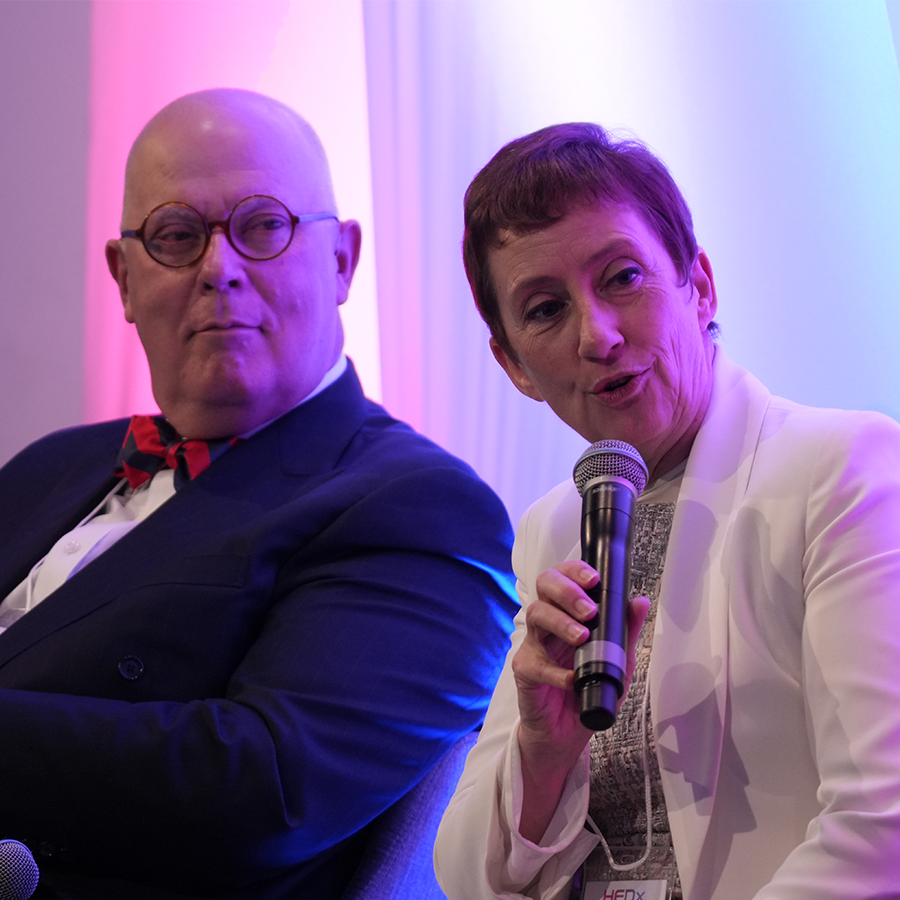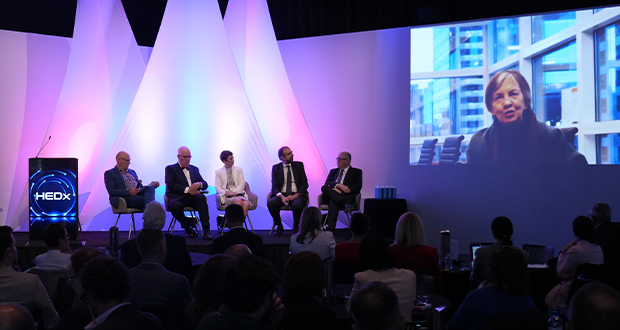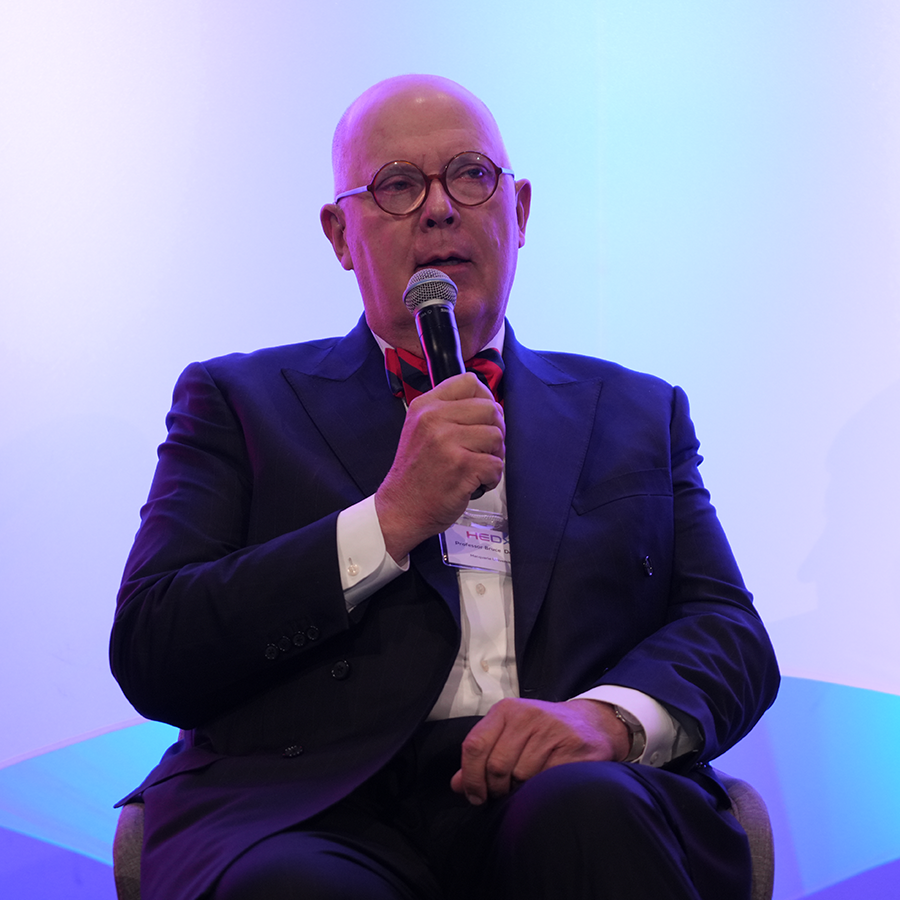University Accord panel chair Mary O’Kane has expressed her disappointment with the absence of diversity in the 300 submissions presented for consideration in the interim report, released last week.
The interim report outlines a plan proposing five priority actions to address core issues in the Australian higher education sector.
"I was hoping to get more diverse input, particularly from industry, research and overseas sectors," O'Kane said in an interview for the HEDX conference in Sydney.
The interim report acknowledged that a major challenge for the higher education sector has been the declining number of students enrolling and graduating with degrees.
As demand for skilled graduates increases, the overall goal of reform must be to offer greater equity in education and to promote lifelong learning for Australians.
“It is projected that over the next five years, more than 90 per cent of new jobs will require post-school qualifications, with over 50 per cent requiring a bachelor's degree or higher,” according to the report.
Data analysed in the report estimated that Australian universities must attain over a 50 per cent increase in student enrolments by 2050 to keep up with demand.
Achieving this target will require action to support equitable access to education, particularly in cohorts traditionally less likely to undertake and complete further studies.
Lifting the cap for Indigenous inner-city students
During last week's National Press Club speech, Education Minister Jason Clare announced that the cap on university places will be lifted for Indigenous students living in metropolitan areas.

“Only 15 per cent of people from poor families have a university degree today, and it's even lower if you are Indigenous,” Mr Clare said.
Until now, enrolments were only uncapped for Indigenous students living in rural and regional communities.
Plans to engage other equity groups, including low SES and regional students, also form part of the plan to increase higher education enrolments.
To support this, the report recommended establishing 34 new regional university hubs to encourage students living in regional, rural, remote, and outer suburban areas to pursue a degree.
The 2023 HEDX conference, hosted in Sydney one day after the report's release, featured a panel of Sydney Vice-Chancellors, including Professors Bruce Dowton, Merlin Crossley, Andrew Parfitt and Clare Pollock.

The panel unequivocally supported the interim report’s recommendation to undo the damaging effects of the Job Ready Graduates (JRG) Program 50 per cent pass rule.
“The program unfairly disadvantages equity cohorts who are more likely to struggle with the transition to higher education,” Crossley said.
Supporting Australian research
The report also acknowledged the importance of homegrown Australian research, particularly for regional universities that continue to experience a decrease in research funding.
“Among the failings of the JRG was the removal of guaranteed funding for Australian research,” professor Pollock said.
Sustainable research funding that isn't demand-driven or reliant upon international student fees is required to increase the breadth and depth of Australian research.
During the panel discussion, Professor Andrew Parfitt identified a need to involve industry in funding Australian research and educating the next generation workforce.
“Industry plays a pivotal role in the value of a degree, and if we are going to translate research to industry, we need industry to be financially involved.”
"There’s a large price for people to take time off work for work integrated learning,” Parfitt said. “Students need outcomes for what they’re paying for - to know they’ll have skills that will translate to the workforce.”
Gaps in the report
Education experts agree that gaps in the report have been left deliberately to encourage further dialogue.
Questions about funding models to support reforms and the impact of rapidly evolving technologies will need to be addressed in the final report.
"The proposed levy on international students will need prompt economic modelling,” the Macquarie VC said. “Otherwise, we’re at risk of losing international student enrolments.”
Exactly how the higher education sector will innovate faster to meet the needs of a rapidly evolving workforce still remain unclear.
WSU VC Professor Clare Pollock emphasised that “getting new courses approved and funded takes time, but if we don’t evolve quickly enough we’re at risk of falling behind.”
“There’s too much red tape. It takes far too long to have new courses approved. We’re struggling to keep up with the changing needs of industry to equip our students to enter the workforce,” Pollock said.
The need to improve university governance, and make universities good places to work was glossed over in the report.
“We need to invest in our teachers, so they feel safe in their workplaces and supported if we’re going to achieve the 50 per cent targeted increase in student numbers,” Pollock said.
Mary O'Kane's call to action encouraged more diverse and ‘pithy’ feedback on the interim report in preparation for the final report, which she will deliver in December.
Do you have an idea for a story?
Email [email protected]
 Campus Review The latest in higher education news
Campus Review The latest in higher education news



